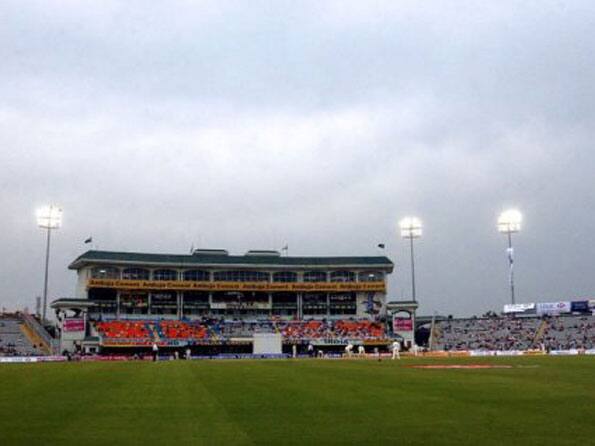
Cricket Country Staff
Editorial team of CricketCountry.
The Board of Control for Cricket in India (BCCI) has a slightly different set of rules while proceeding against alleged misconduct committed by its players, selectors, umpires and team officials as opposed to administrators.
Written by Cricket Country Staff
Published: Jun 30, 2012, 08:26 PM (IST)
Edited: Jun 30, 2012, 08:26 PM (IST)


The special general body has to take the final decision by a 3/4th majority of members present © AFP
Mumbai: Jun 30, 2012
The Board of Control for Cricket in India (BCCI) has a slightly different set of rules while proceeding against alleged misconduct committed by its players, selectors, umpires and team officials as opposed to administrators.
The difference lies in the fact that the BCCI’s disciplinary panel has the right to punish erring players, umpires etc and its decision is “final and binding”.
However, in case of proceedings against alleged misconduct by administrators, the special general body has to take the final decision by a 3/4th majority of members present and voting at the meeting after the disciplinary committee submits its findings to the Board.
Today, the Board’s disciplinary panel, headed by president N Srinivasan, found five domestic cricketers guilty of being involved in corrupt practices during the last IPL following a TV sting expose.
Pacer TP Sudhindra was slapped a life ban, another new ball bowler Shalabh Srivastava was debarred for five years while three others escaped with lesser sentences.
Mohnish Mishra, Abhinav Bali and Amit Yadav were banned for one year each.
In contrast, former IPL chairman and commissioner Lalit Modi was suspended by the BCCI for alleged financial irregularities in the conduct of IPL 3 soon after its conclusion in May 2010 which was ratified unanimously at a special general meeting convened on July 3 by the Board and the case was forwarded to its disciplinary committee.
Almost two years have gone by but the committee is yet to conclude its inquiry against Modi, who has not attended a single sitting of the committee in person since its first sitting held on July 16, 2010. (PTI)
This website uses cookies so that we can provide you with the best user experience possible. Cookie information is stored in your browser and performs functions such as recognising you when you return to our website and helping our team to understand which sections of the website you find most interesting and useful.
Strictly Necessary Cookie should be enabled at all times so that we can save your preferences for cookie settings.
If you disable this cookie, we will not be able to save your preferences. This means that every time you visit this website you will need to enable or disable cookies again.
